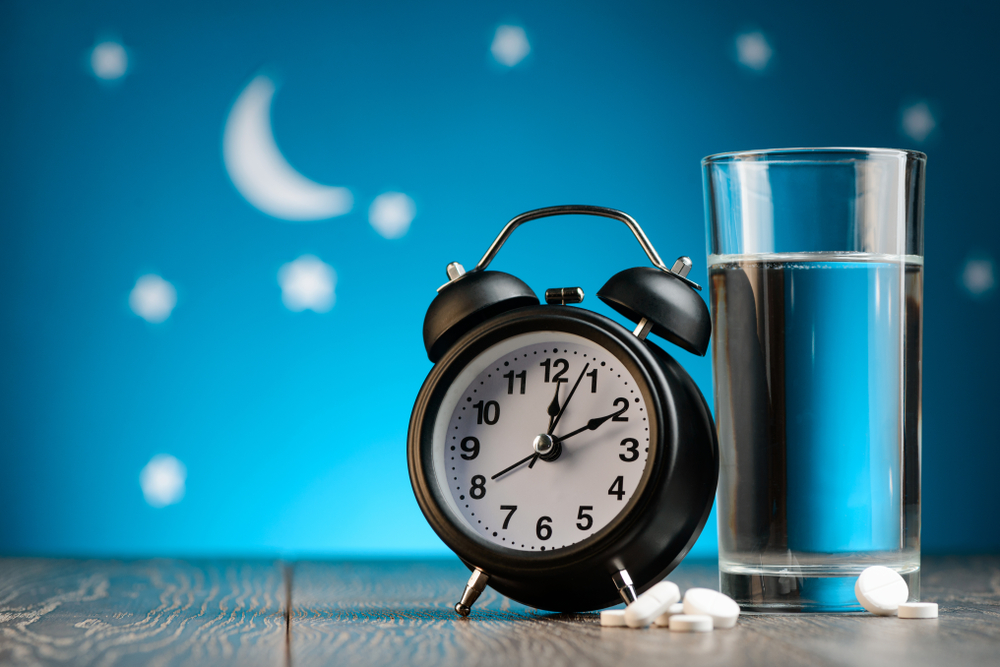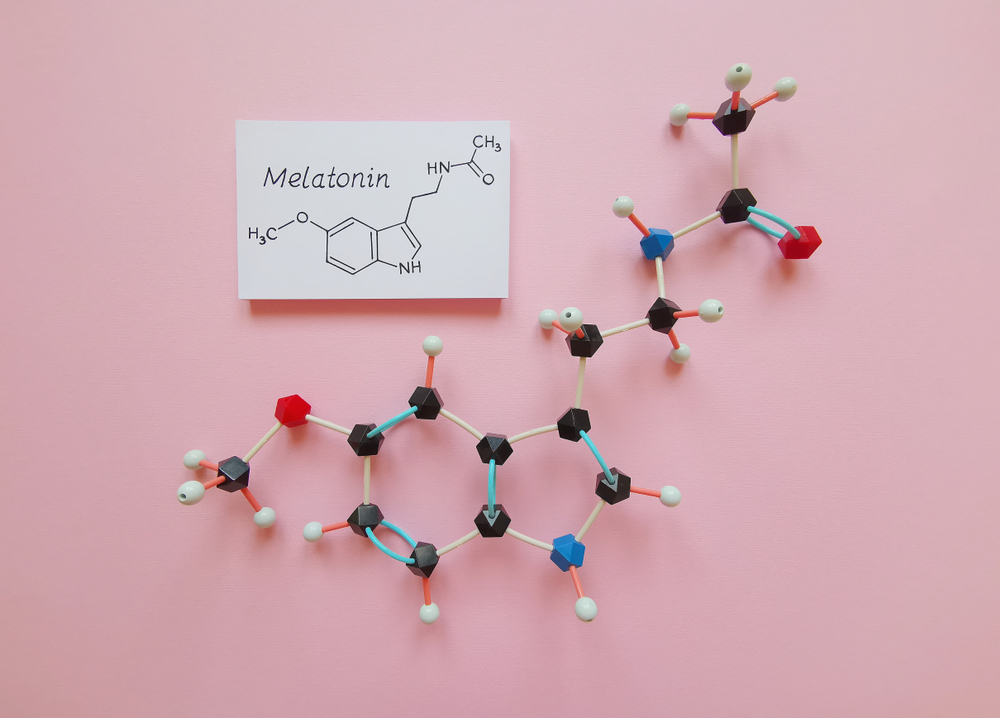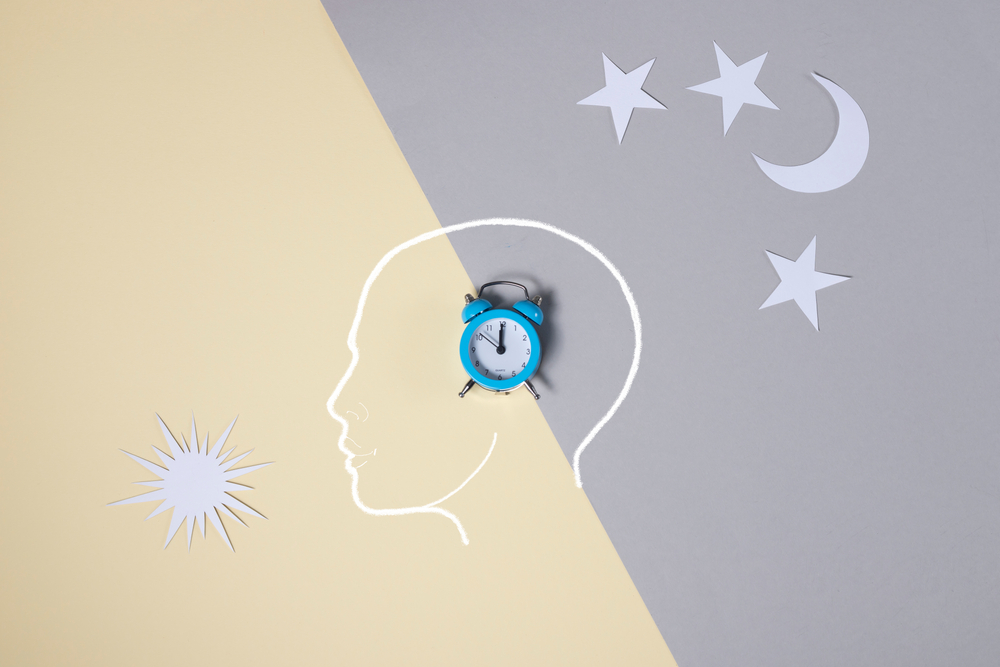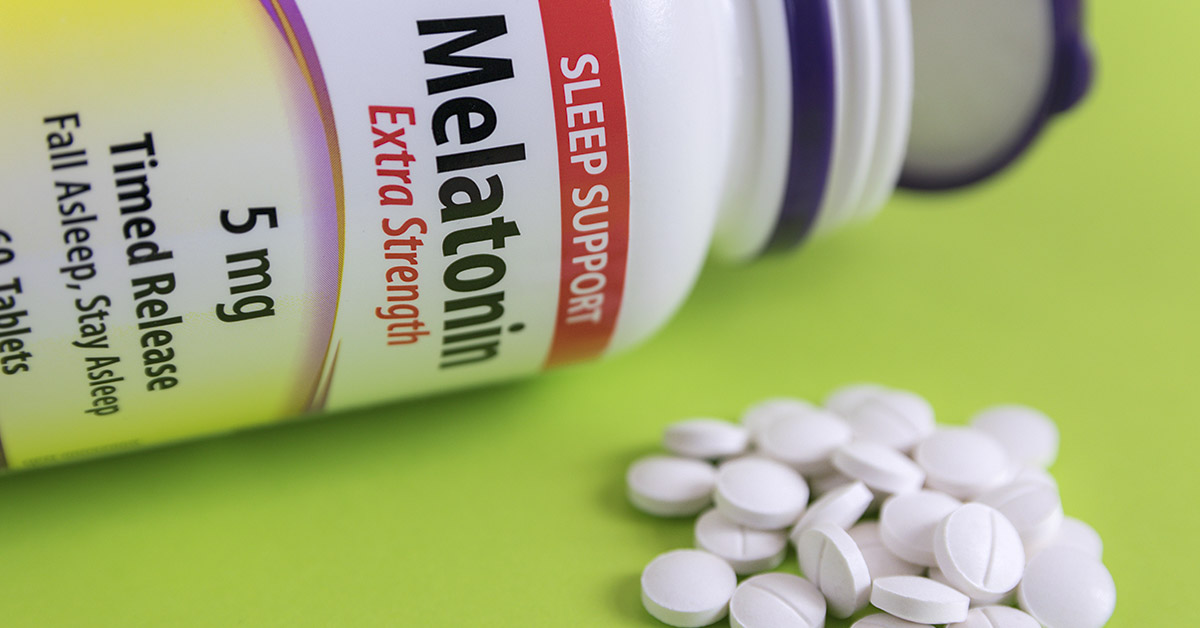Melatonin is a hormone made by your body’s pineal gland that helps regulate your sleep cycle. The main reason why it is so popular as a supplement is because, for many, it helps them fall asleep faster, stay asleep longer, and wake up feeling more refreshed—all while possibly helping with other aspects of their health. These are all the incredible benefits of melatonin that you probably didn’t even know about.
This site contains product affiliate links. We may receive a commission if you make a purchase after clicking on one of these links.
What Is Melatonin?

Melatonin is a hormone made by your body’s pineal gland that helps regulate your sleep cycle. It is also sometimes produced in small quantities by the retina (the light-sensitive part of the eye) and skin cells. When released into the bloodstream, melatonin causes changes in mood as well as changes in hormone levels in the blood, especially in women. Melatonin may also reduce inflammation and help protect against oxidative damage to cells caused by free radicals (unstable molecules that can harm healthy cells). (1)
Melatonin production is controlled by light and darkness. When light hits your retina, it tells the brain that it’s time to wake up. This helps you feel alert in the morning and fall asleep at night. Melatonin production is also controlled by your internal clock, which gets reset by light and darkness. The brain uses this information to keep track of time and regulate your body’s daily functions, including sleep-wake cycles.
These natural cycles, however, can get disrupted. This occurs if you are a shift worker when traveling, during times of stress, and for women during the highs and lows of their menstrual cycle. This is when the use of melatonin supplements can become particularly useful if done correctly.
Read More: Doing This In The Morning Can Ruin Your Sleep Cycle – Experts Explain
How Does Melatonin Help with Sleep?

Melatonin helps regulate your sleep cycle by signaling to your body when it’s time for bed and when it’s time for wakefulness. It does this by reducing alertness-inducing chemicals in the brain such as norepinephrine (a neurotransmitter that increases alertness) and epinephrine (aka adrenaline). In addition to these effects, melatonin also triggers the release of the hormone prolactin. This hormone is important for a feeling of relaxation and calmness by helping you to fall asleep more easily. All of these effects can help to reduce the time it takes for you to fall asleep, and they also help with sleep quality.
Melatonin supplements are a great option for people who are having trouble sleeping. They can be especially helpful for people who have jet lag, shift work disorder, insomnia, and other sleep problems. Melatonin is also a great option for people who are having trouble sleeping due to their circadian rhythm being disrupted by artificial light or other factors.
Melatonin For Jet Lag

The most common use of melatonin is for jet lag. Melatonin has been shown to help with adjusting to a new time zone by causing changes in the body’s circadian rhythm. In other words, it makes your body think that it’s night even when it isn’t. This helps reduce symptoms of jet lag such as insomnia and daytime fatigue by making you feel more rested during the day. (2)
Melatonin For Eye Health

Melatonin may also be used to treat or prevent eye problems. Melatonin has anti-inflammatory properties, which could help reduce symptoms of dry eye syndrome and other similar conditions. It’s also thought that melatonin can protect against the development of age-related macular degeneration (AMD), a condition that causes vision loss in some older people. The research on this so far has been limited, so we need to study the effects of melatonin on eye health further before we can say any of the benefits definitively. (3, 4)
Melatonin For GERD

Melatonin may help treat gastroesophageal reflux disease (GERD), a condition that causes the contents of the stomach to flow back up into the esophagus. When this happens, it can cause symptoms like heartburn and difficulty swallowing. Melatonin is thought to reduce acid production in the stomach and relax muscle contractions in this organ as well. These actions may help lower GERD symptoms like heartburn and chest pain.
Read More: Doctor Explains Why 4-7-8 Method is Best Way to Get Back to Sleep in Middle of the Night
Melatonin For Seasonal Depression

Melatonin may help with the symptoms of seasonal depression, or SAD. This type of depression is related to changes in the amount of sunlight that people receive during different seasons. In winter months when there’s less light, melatonin levels tend to be low as well. Therefore, experts believe that increasing your body’s melatonin levels can help treat SAD symptoms like sadness and lethargy.
What Are The Side Effects?

Melatonin is generally well-tolerated and has few side effects. However, some people may experience headaches or nausea after taking melatonin supplements. Melatonin can also cause drowsiness in some people, so it’s important to avoid driving or operating heavy machinery if you take this medication. As always, if you are already on other medications, talk to your doctor before adding melatonin into the mix.
What Is The Correct Dosage?

The recommended melatonin dosage is between 0.5 mg and 5 mg per day. However, some supplemental doses are available in 10mg. It’s best to start with a lower dose (around 1 mg) and work your way up as needed. This way, you can monitor to see if you have any unwanted reactions to it and if you are less likely to take too much. Always the best dose of any medication is the lowest possible to achieve the result that you need. There are many great options for over-the-counter melatonin supplements. As always, talk to your healthcare practitioner before taking anything new. If you don’t find it is helping, or you develop any side effects, stop taking it and speak with your healthcare provider to find a better solution for you.
Read More: 4 Bedtime Drinks to Improve Sleep and Aid Weight Loss (Recipes)
Sources
- “Melatonin: Benefits, Uses, Side Effects and Dosage.” Healthline. Rachael Ajmera, MS, RD. September 14, 2018.
- “Melatonin: What You Need To Know.” NIH
- “Melatonin: An Underappreciated Player in Retinal Physiology and Pathophysiology.” NIH Gianluca Tosini, et al. October 2013.
- “The Health Benefits of Melatonin.” Very Well Health. SBrandon Peters, MD. September 03, 2022
Disclaimer: This information is not intended to be a substitute for professional medical advice, diagnosis or treatment and is for information only. Always seek the advice of your physician or another qualified health provider with any questions about your medical condition and/or current medication. Do not disregard professional medical advice or delay seeking advice or treatment because of something you have read here.

